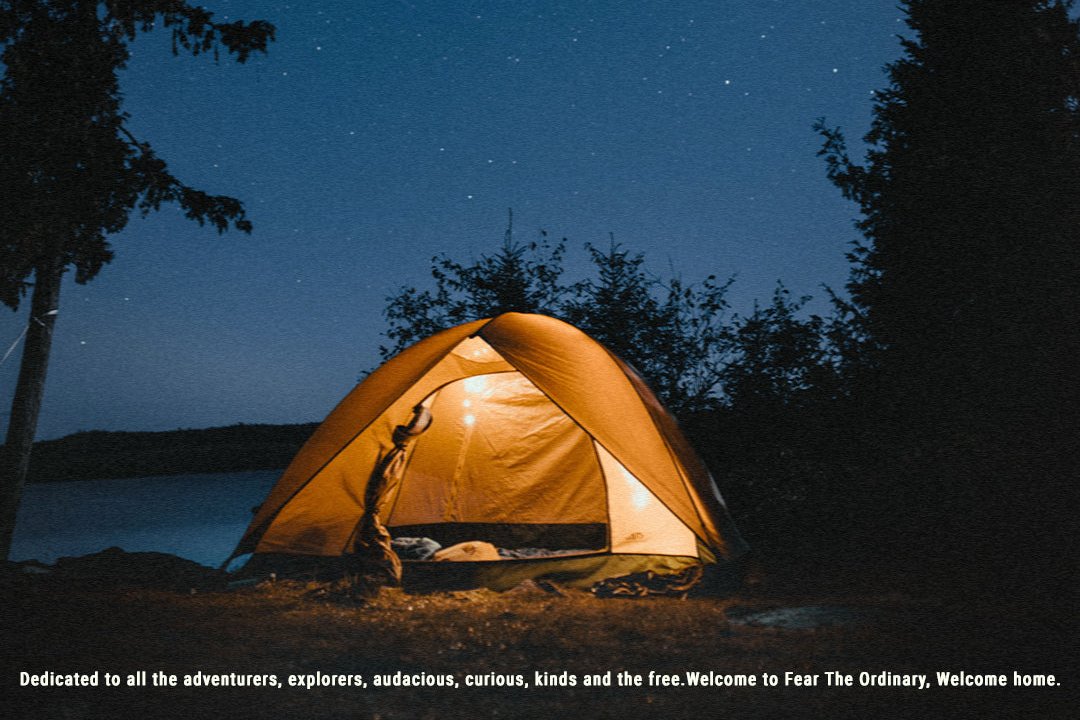
Good things take time.
We are working on something great to stay true to our mission of inspiring and celebrating the new generation of adventurers, free spirits and dreamers. It may take some time but great things are ahead.
If you don't wanna miss it out join our newsletter and be the first to know what's going to happen.
